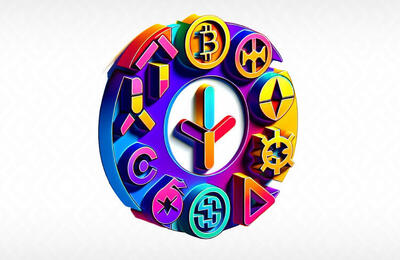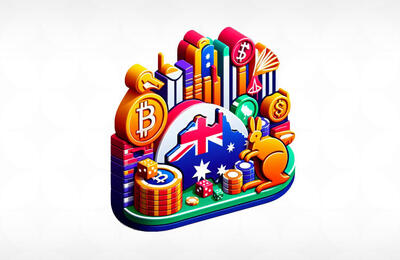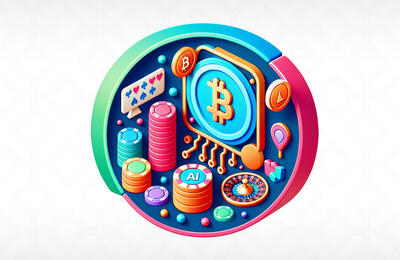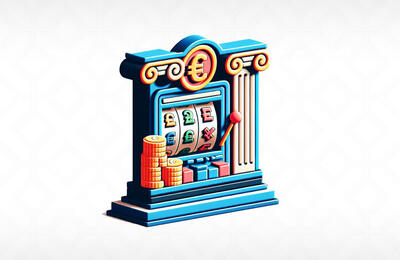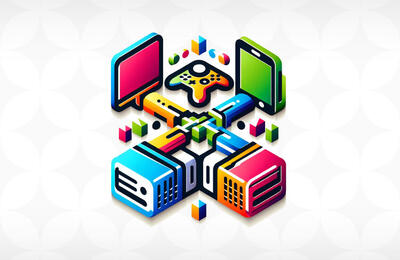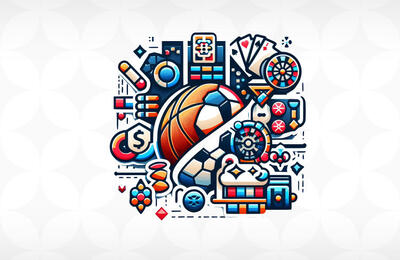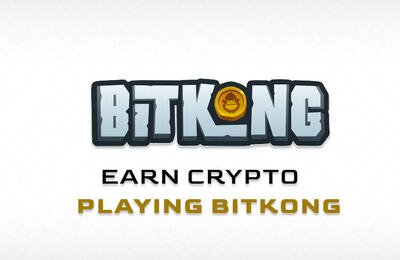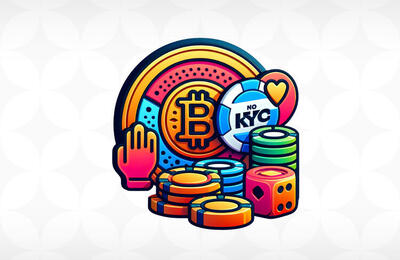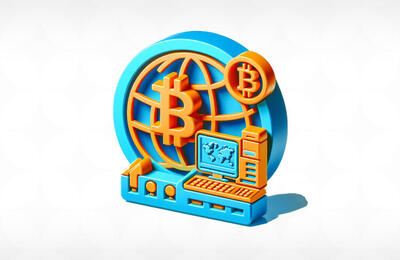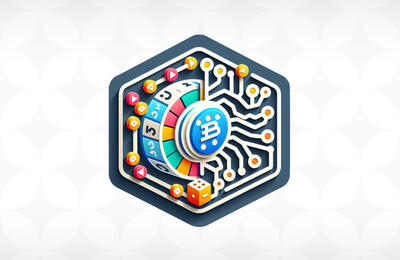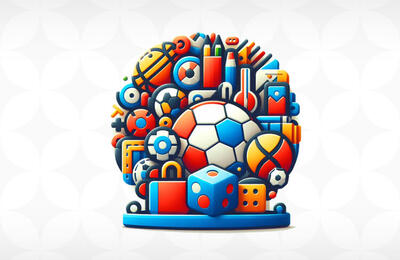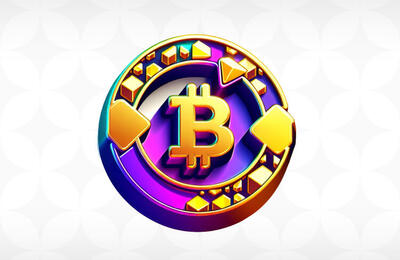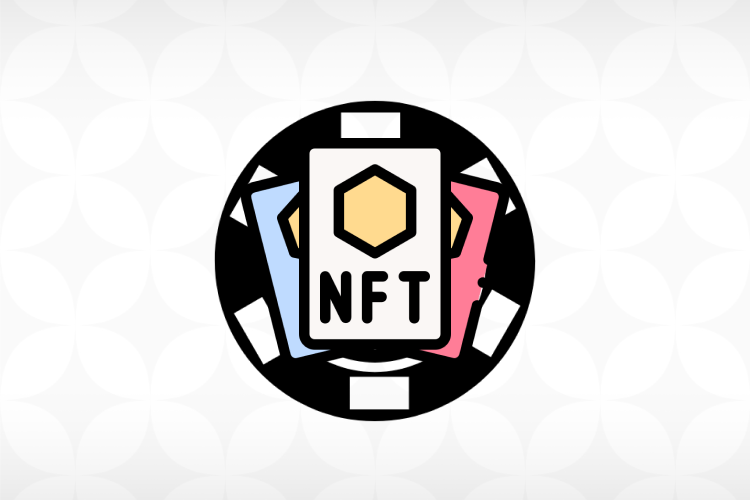
NFT-based casino games represent a disruptive evolution in both the online gambling and digital collectibles sectors.
This article delves deep into this fascinating intersection, unpacking the mechanics, potential, and implications of NFT-driven crypto casinos.
By the end, you'll be well-versed in the concepts shaping this nascent sector, primed to navigate it with understanding and foresight.
Understanding NFTs and their Relevance to Casino Gaming
Non-Fungible Tokens, or NFTs, have become a buzzword in the blockchain world, representing unique, non-interchangeable units of data stored on a digital ledger, typically the Ethereum blockchain.
Unlike cryptocurrencies like Bitcoin or Ether, which are fungible and can be exchanged on a one-for-one basis, NFTs have unique properties that make them distinct and non-interchangeable. This uniqueness is the heart of their value and application in various industries, most prominently in the digital art space.
Moreover, the rise of crypto casinos has been a noteworthy trend in the gambling industry, particularly in regions like Australia. To learn more about this, we recommend checking out this article on the top crypto casinos in Australia.
However, NFTs' applicability stretches far beyond digital art. Within the realm of online gambling, NFTs are beginning to play a significant role. They enable the creation of unique game assets – such as special poker chips or rare slot machine symbols – that players can own, trade, or sell.
Owning a unique asset in an online casino is akin to holding a limited-edition chip set in a physical casino. It adds a layer of excitement, exclusivity, and potentially higher stakes, completely revolutionizing the online gambling experience.
How NFT-Based Casino Games Work
Crypto casinos utilizing NFTs function using a blockchain to maintain a decentralized, transparent, and fair gaming environment. In the most simplistic terms, these casinos operate by tokenizing in-game assets as NFTs. Players can acquire these unique assets, use them within the game, trade them with other players, or even sell them on various NFT marketplaces.
Imagine playing a game of online poker, where each card in the deck is an NFT with its own unique design and value. Owning a specific card gives you rights to that digital asset, allowing you to use it in the game or trade it with other players. Moreover, the value of your card could increase based on its demand, rarity, or performance in games, just like a physical collectible card.
Potential and Prospects of NFT-Based Casino Games
- There is significant potential at the intersection of NFTs and online casinos. Here are a few key opportunities this merger presents:
- Ownership and Tradeability: By tokenizing casino game assets as NFTs, players have true ownership of their digital assets. They can trade or sell these assets, opening up secondary markets and fostering a dynamic gaming economy.
- Provable Scarcity and Rarity: NFTs allow for the verification of scarcity and rarity of digital assets. This could add an extra dimension to online gambling, with players vying for rare assets that could increase in value over time.
- Gameplay Innovation: Incorporating NFTs into online casinos could lead to innovative gameplay mechanics. For example, special abilities could be attached to certain NFTs, or unique game modes could be accessible only to owners of certain tokens.
- Transparency and Fairness: The use of blockchain technology in online casinos can increase transparency and fairness. Every transaction is recorded and verifiable, and the rules of the game are written into smart contracts that cannot be manipulated.
Risks and Challenges of NFT-Based Casino Games
Despite the exciting prospects, NFT-based casino games also pose significant risks and challenges. The high volatility of the crypto market and the fluctuating value of NFTs mean that the value of in-game assets can swing dramatically. This may lead to significant gains for some players, but also considerable losses for others.
The nascent nature of the NFT and crypto gaming industry also means that it is currently subject to limited regulation. This could potentially expose players to scams or fraud. Furthermore, the technical complexity of blockchain and NFTs could pose a barrier to entry for less tech-savvy players.
Looking Ahead: The Future of NFT-Based Casino Games
NFT-based casino games represent a groundbreaking intersection of digital collectibles and online gambling, marrying the thrill of gaming with the dynamism of a digital economy.
As we move forward, it's crucial to foster an ecosystem that maximizes the potential benefits while mitigating the associated risks.
Education will be key, equipping players with the necessary understanding to navigate the complex landscape of NFT-based gambling. Likewise, the development of regulations and security measures will be vital to ensure the integrity of this burgeoning space.
Conclusion
The fusion of NFTs and online casinos is set to transform the world of online gambling, bringing unprecedented interactivity, ownership, and economic dynamism.
While the journey ahead is likely to be filled with twists and turns, the possibilities are indeed exciting, signaling a new era of digital gaming. By understanding the workings, potential, and challenges of this field, we can approach it with an informed, strategic perspective.


